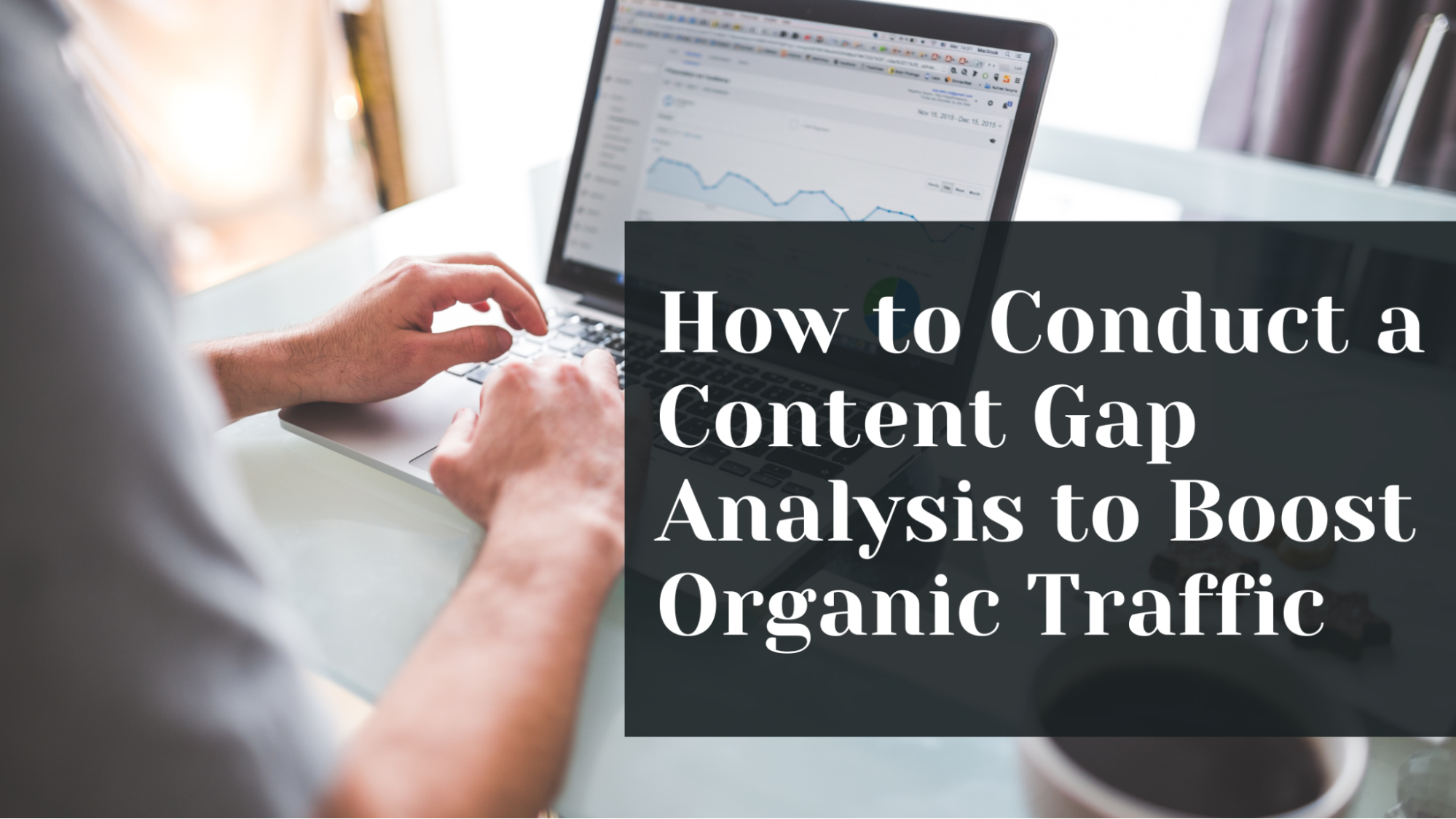Quick SEO Tips to Increase Organic Traffic
Are you spending nights scratching your head on what more you can do to increase traffic on your website? Well, Google’s forever changing algorithm and smartness surely renders every proven SEO technique ineffective quickly. Using spam and hacks can lead to instant ban so that’s not what you’re looking for anyway.
Instead, it’s the organic traffic that everyone is after these days. So what can you do other than delivering quality content? It is genuinely frustrating to see websites having poorer content than yours being ranked much higher. Well, you might be missing a few tricks that they are employing.
Here are 7 effective SEO techniques that can boost your chances of getting ranked higher and get ahead of the forever evolving Google’s algorithm.
Use User Questions to Research for Keywords
How do you start a search on google? For most users, it ends with a question mark. It’s a question even if they don’t put the question mark afterwards. Use this knowledge to find commonly used keywords and target a particular niche to become more visible.
You can start by searching for your primary keyword on quora. Once you search for the keyword, you’ll find a list of questions based on that. The ones with the most answers would give you a cue on the popular questions. Post these questions on the google keyword tool and you’ll be able to find a variety of relevant keywords.
So what now? Now, you have a combination of keywords and relevant questions. Try to create compelling titles and subheads with these.
Use Meta Wisely
The three main items that you use to tell Google about your blog directly are the meta URL, description and title. Giving Google a valuable insight and at times a direct answer can help rank your page higher than others.
Posting vague or clickbait in your meta can make you look like spam and depreciate your rankings. Try to work on each meta description instead of relying on a plugin like Yoast all the time.
Use Long-Tail Keywords
Typically when you start to properly optimize your posts, your major focus will be on placing primary keywords that include two or three words. Well, that may be an obsolete tactic now. Instead of going after the most popular keyword in the genre, try to use a more personalized keyword.
If Google or other search engines do identify your website specialising in a particular kind of content, they would rank your content higher for similar customers. Instead of trying to rule the whole of a topic, try to focus on a specific niche that can increase your traffic. Visit websites like Ubersuggest and search for keyword ideas related to your primary keyword.
Select the keywords that are longer than 4 words. You should also ensure that the search difficulty isn’t above 22. Of course, that doesn’t mean stuffing keywords is the way to go. Try answering the user’s question in the best way possible instead of focusing on keyword optimisation too much.
Create Content Regularly
Try to write as much content as you can and post regularly, especially on blogs. Blogs can help you create a brand image and attract a particular niche of audience. You should refrain from running after quantity and ruining quality though.
Cheap or spammy content can have a counterintuitive effect and increase your bounce rate apart from attracting negative reviews. The more posts your website contains, the better your visibility on the search engine.
Use Internal Links
Once you have uploaded enough posts, try internally linking them to each other. That ensures you keep your visitors on your website longer which provides a boost in the search rankings. That can also create more credibility and even lead to purchase at times. Try to limit the internal links to a couple or so as too many of them may lead to Google identifying it as spam.
Add relevant subtopics to existing posts
We may not cover it all on the first draft. Perhaps we may miss more than we hit. And missing a few important points can be detrimental to your page’s chances of ranking on top of the results.
Try to search for similar content to your topic that is ranked on top. Find the subheads that it includes and you are missing using a content gap tool. Once you find it, cover these keywords and relevant content by adding subheads and you might inch closer to the top 10 results.
Write Longer Content
Several types of research have concluded that longer content attracts more backlinks and traffic. You should surely try to focus on user intent and not overload them with unnecessary information. They should be able to find the relevant answer quickly. But try to capitalise on topics like reviews, guides and more where writing long-form content is easy as well as necessary.
Although there’s no rocket science to getting a huge boost in organic traffic, consistency is the key. If you follow these tips and are committed to your website, you never know when your users start identifying you as a reliable creator and Google starts ranking more and more of your content in the top 10. Keep checking this space for other such cool tips and tricks for SEO and more.
How to Conduct a Content Gap Analysis to Boost Organic Traffic
Your website is not getting enough organic traffic because you are missing out on valuable content…
0 Comments12 Minutes
Why is Personalisation the Future of Web Development Services?
At present, custom web development is essential to ensure the success of a business concern. A…
0 Comments9 Minutes
Top Reasons to Hire WordPress Developers for Custom Website Solutions
Today, no business can possibly thrive in the digital realm without a strong online presence. An…
0 Comments13 Minutes
Why Link Building Remains a Key Pillar of Successful SEO
Why do some websites always pop up first on Google while others seem impossible to find? The…
0 Comments6 Minutes
Essential Features to Look for in an Enterprise AI Chatbot Platform
A prime of modern businesses and organizations in the rapidly growing digital environment is to…
0 Comments6 Minutes
Why Influencer Marketing is the Secret Weapon Your Brand Needs Right Now
Developing a solid relationship with your audience is more crucial than ever in the modern digital…
0 Comments7 Minutes
Keyword research tools for eCommerce to drive conversions
Why do some online stores seem to effortlessly attract customers while others struggle to get…
0 Comments13 Minutes
Key Trends in Local SEO: What Businesses Need to Focus on in 2025
What if your website gets lost in the digital noise? What if it fails to reach your target…
0 Comments9 Minutes








